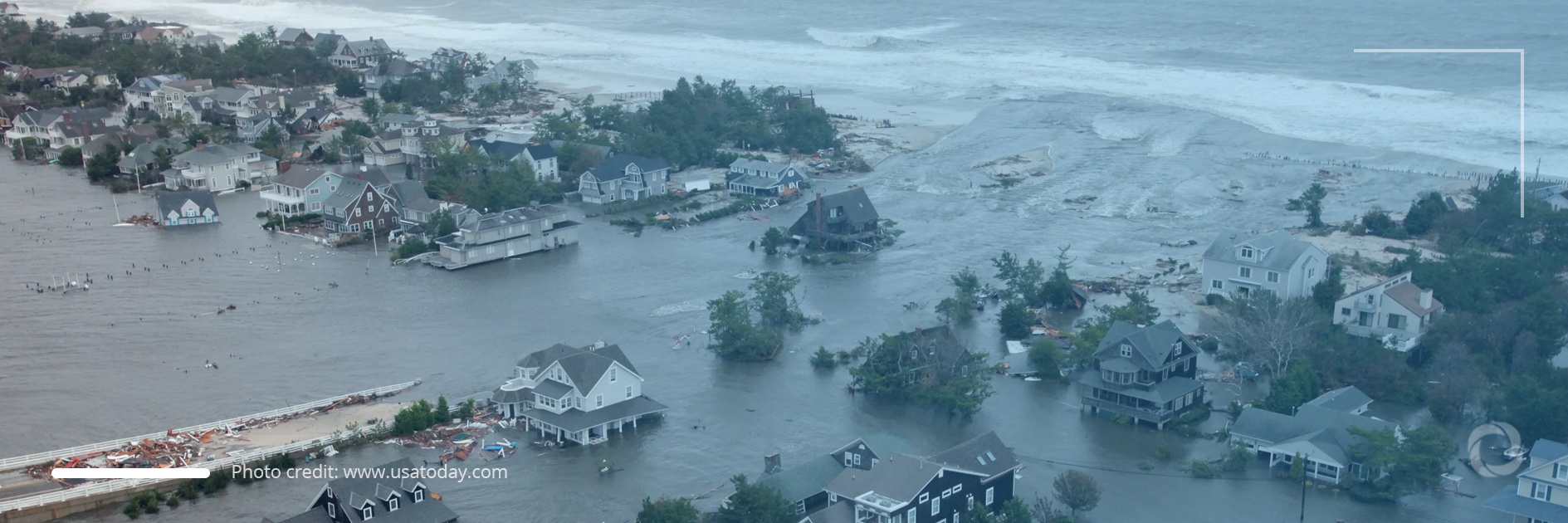Coastal areas, as well as small island states, may be badly affected by rising sea levels whereas dozens of other countries could be hit by droughts, storms, and other weather-related natural disasters, scientists have warned. Similar events have already prompted millions to migrate or to relocate.
Unless the rise in the global air temperature slows down, at least 1.2 billion people are likely to be displaced by 2050, the Australian think-tank, the Institute for Economics and Peace, has warned.
About 700 million people live in low coastal areas and this figure is expected to increase to 1 billion by 2050. Should climate change continue at its current pace, small islands such as Maldives, Seychelles, and Kiribati could be completely wiped out, hydrologist and climatologist, Peter Gleick, the co-founder of the Pacific Institute, has said. If sea levels rise by just one meter, people living in Florida or along the Gulf coast will be displaced. Furthermore, it is assessed that climate changes will lead to 17% of the territory of Bangladesh alone being submerged by 2050 which will force about 20 million people from their homes, he noted.
In late 2020, the International Federation of Red Cross and Red Crescent Societies sounded the alarm over the impact of recent hurricanes on Central American countries. More than 4.3 million Central Americans were affected by Hurricane Eta alone, they noted, adding that the numbers rose when another Category 4 storm, Iota, hit the region shortly afterwards causing many people from Honduras, Guatemala, and El Salvador to flee their countries and head for the U.S.
The UN cited the example of Bangladesh which hosts more than 870,000 Rohingya refugees who fled the violence in Myanmar and who are now exposed to cyclones and flooding.
“Disasters linked to climate change may worsen poverty, food insecurity, and access to natural resources in ways that can stoke instability and violence. The data visualization looks at the example of Afghanistan where recurring droughts and floods combined with decades of conflict and displacement have left millions of people vulnerable to hunger this year,” the UN refugee agency has warned.
Aside from deepening inequalities, experts have pointed out that the status of this category of migrants remains unregulated since climate refugees are not the subject of any legislation and therefore cannot apply for the same legal refugee status as those fleeing because of conflicts or wars. The lack of any appropriate legal solutions does not allow migrants from Central America to seek asylum in the U.S. which is a far cry from those from Venezuela who are eligible for refugee status as they were forced to flee because of the economic and political turmoil in their country.
In 2020, after delivering judgment on a request by a migrant who had been refused refugee status in New Zealand, the UN Human Rights Commission warned that sending people back to countries where climate change has created life-threatening conditions may be in violation of certain UN agreements. However, no progress on this issue has yet been recorded.

